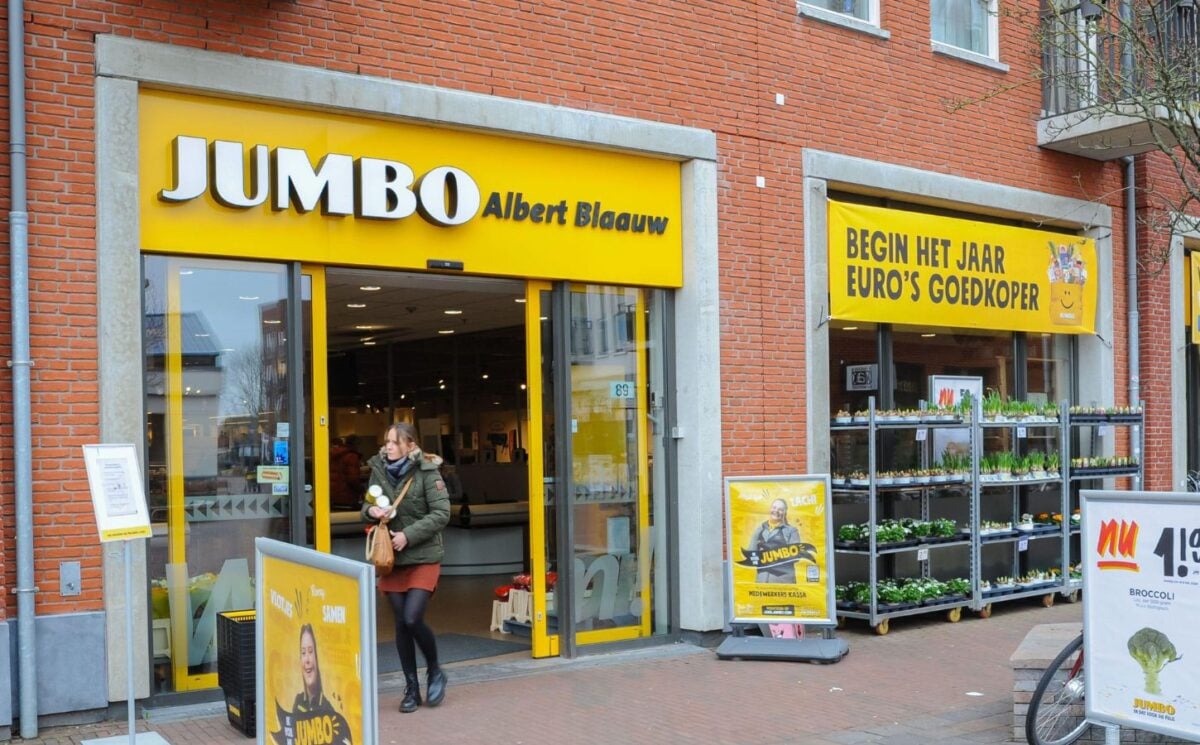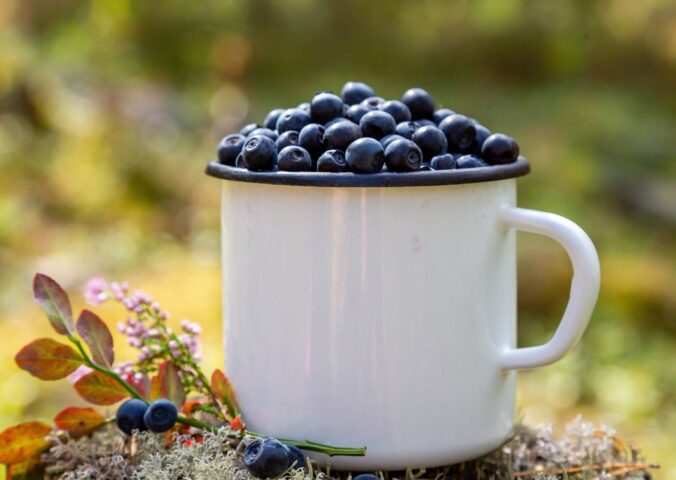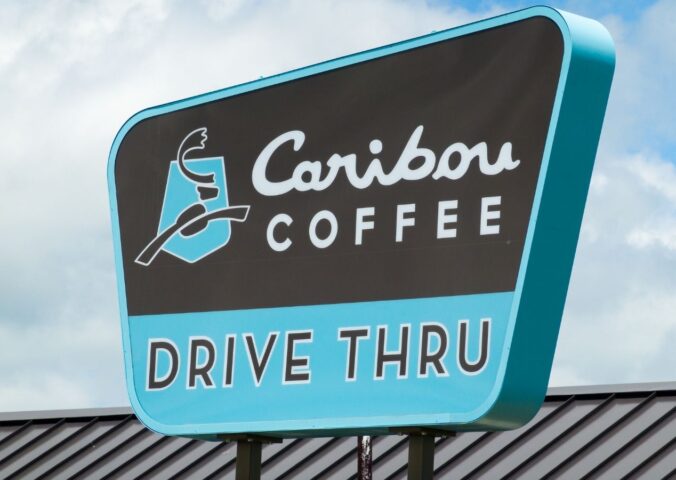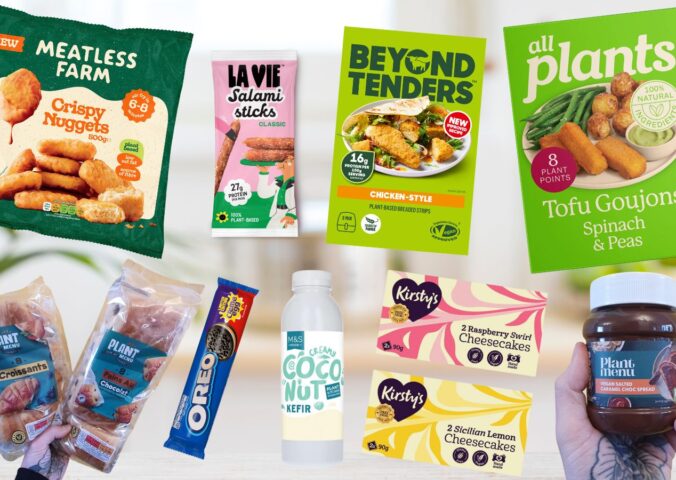Dutch supermarket Jumbo has replaced the gelatin in its fresh pastries with plant-based alternatives in its latest move to become more sustainable.
Read more: US School District Ditches Eggs Due To Avian Flu
The retailer spent 18 months changing the recipes. Jumbo says that customers have given positive feedback about the taste and quality of the new products, many of which still contain eggs or dairy. The change to Jumbo’s pastries will cut the amount of gelatin the company uses by 13,000 kilograms a year.
In 2023, Jumbo dropped the prices of its plant-based meat range to make them cost the same as similar animal products. Earlier this year, it stopped offering promotions on fresh meat products in its push to make 60 percent of the protein on its shelves plant-based by 2030.
Jumbo says it’s the first Dutch supermarket to cut gelatin from its pastry range. In 2019, UK retailer Marks & Spencer removed gelatin from all its Percy Pig sweets, following the removal of gelatin from its Colin the Caterpillar range in 2014.
What is gelatin?
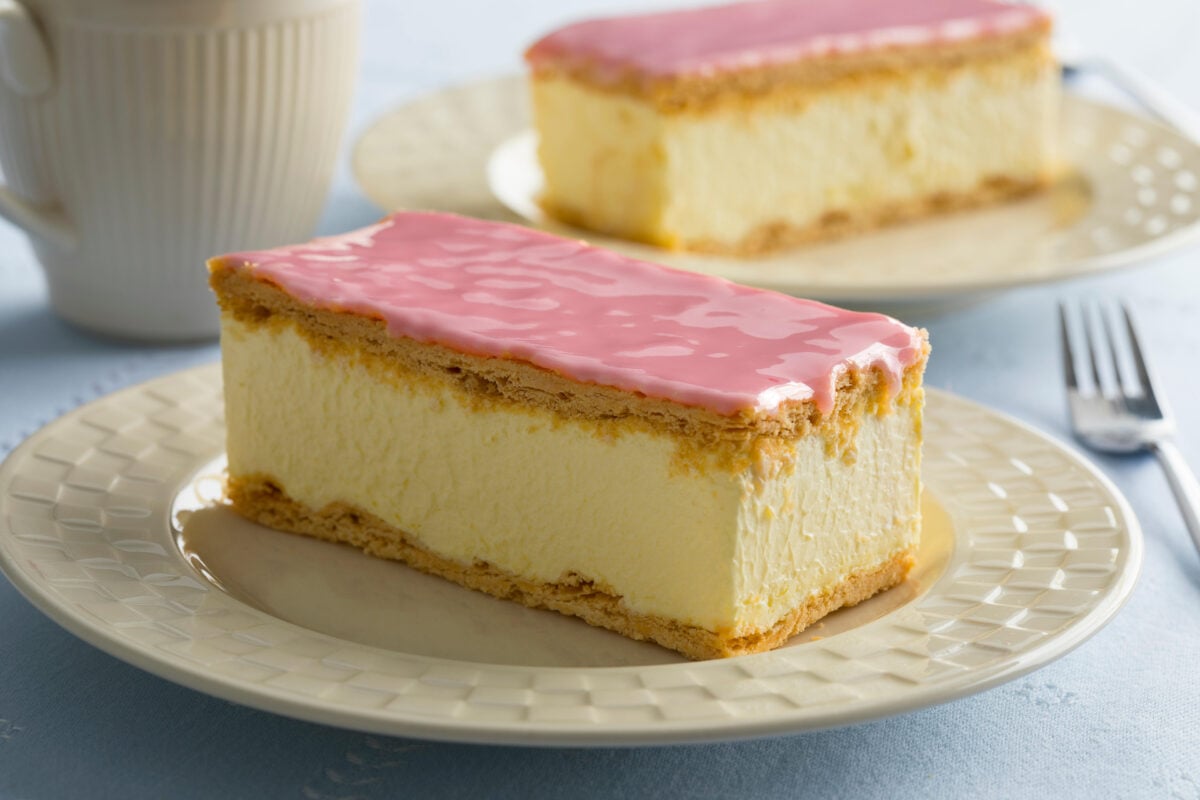
Gelatin is a protein derived from boiling the bones, skin, ligaments, and tendons or animals such as cows and pigs. Gelatin is often obtained from animals slaughtered for meat. But it’s a USD $6 billion industry in its own right, and animals may be killed explicitly for it.
Read more: Lidl Belgium Is Permanently Reducing Plant-Based Prices
In pastries, gelatin functions as a gelling agent and thickener. Jumbo is now using ingredients such as alginate and gellan gum in its place. Alginate, also called algin or alginic acid, is a natural polysaccharide derived from brown algae. Gellan gum may be listed as E418 in ingredients lists, and is produced by bacteria through fermentation.
Concerns about the health impacts of ultra-processed foods are making people more wary of food additives. But gelatin is itself a food additive, and not all of them carry health risks. Gellan gum and alginate, for instance, are considered completely safe.
